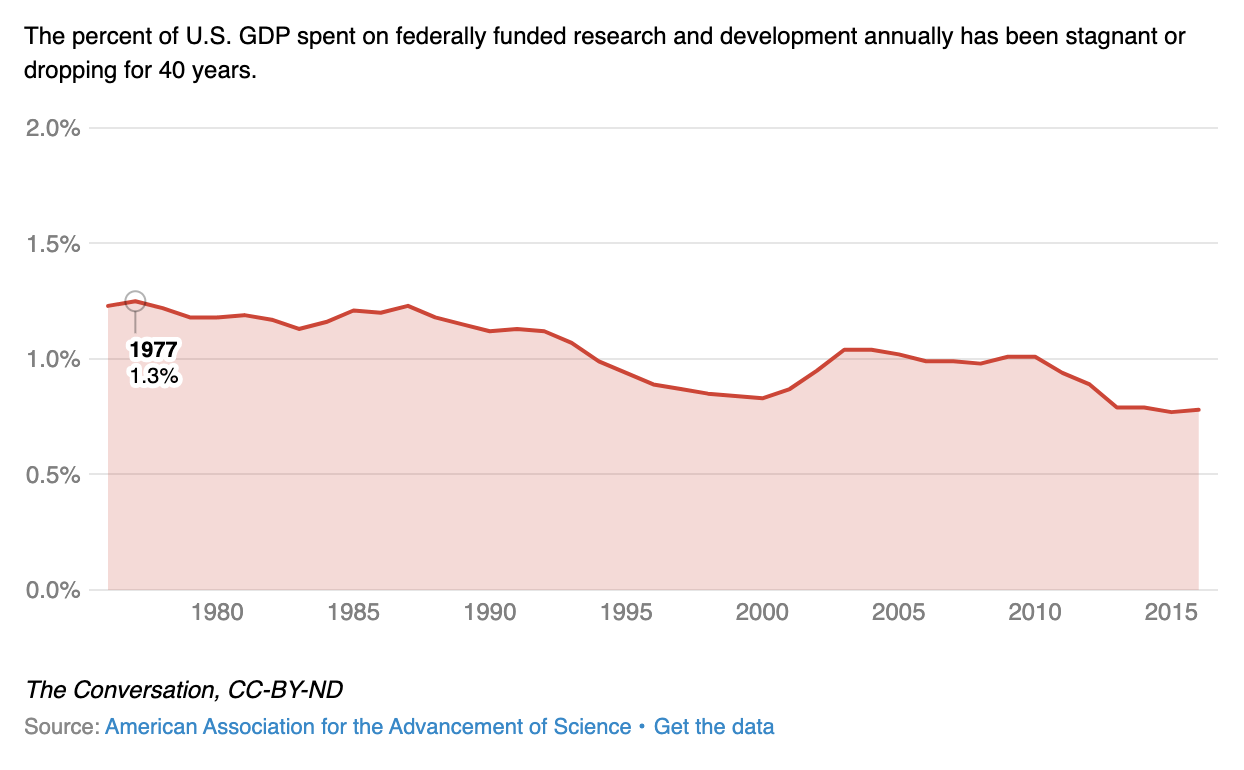Hello and welcome back to Equity, TechCrunch’s venture capital-focused podcast, where we unpack the numbers behind the headlines.
Every week we write this post with some opening line akin to wow, what a week, huh? This is yet another one of those weeks. Perhaps this is just life now, and every week will stretch before us, similar to what Gandalf said after killing that Balrog, that “every day was as long as the life age of the Earth.”
Anyhoo, we recorded Equity to try and make a little sense of the week as there was a lot going on. So, Natasha, Danny, and Alex once again gathered to parse it all. Here’s a rough digest of the topics from this episode:
- Techstars’ virtual demo days. Natasha and Alex are listening in to as many Techstars virtual demo confabs as they can along with other TC staff, pulling out favorites as we go. Today we dug into what is working, and what isn’t with virtual demo days.
- While VC Twitter might make it seem like every firm is open for business, that is not the reality. We talk about signaling risk, external signs a firm is investing, and throw pro rata chat around in between.
- Peanut, a social network for women, raised $12 million and that is the good news we needed this week. Think of it as a better, cleaner and more intimate version of your favorite Facebook group. About 1.6 million are on the platform.
- Every Mother raised a small sum to bring safety and community to pre and post natal workouts for mothers.
- Robinhood’s Series F. The new Robinhood round values the company at around $8.3 billion, a huge number but one that wasn’t as high as we might have expected, given how much its valuation used to grow between new funding events.
- Airbnb cut 1,900 people in a devastating round of layoffs for the travel and hospitality company. We discuss o-founder and CEO Brian Chesky’s detailed blogpost about the cuts, and whether it is better to be a public or a private company during this pandemic.
- Uber cut staff this week, and pumped money into a massive Lime downround that may see it offload its own micromobility business onto the smaller company. Not a good week for Uber, not a good week for Lime.
We didn’t get to chat API funding rounds or the unicorn retreat, or even really riff on earnings. There’s so much going on! But, we’ll be back Monday morning so sit tight.

